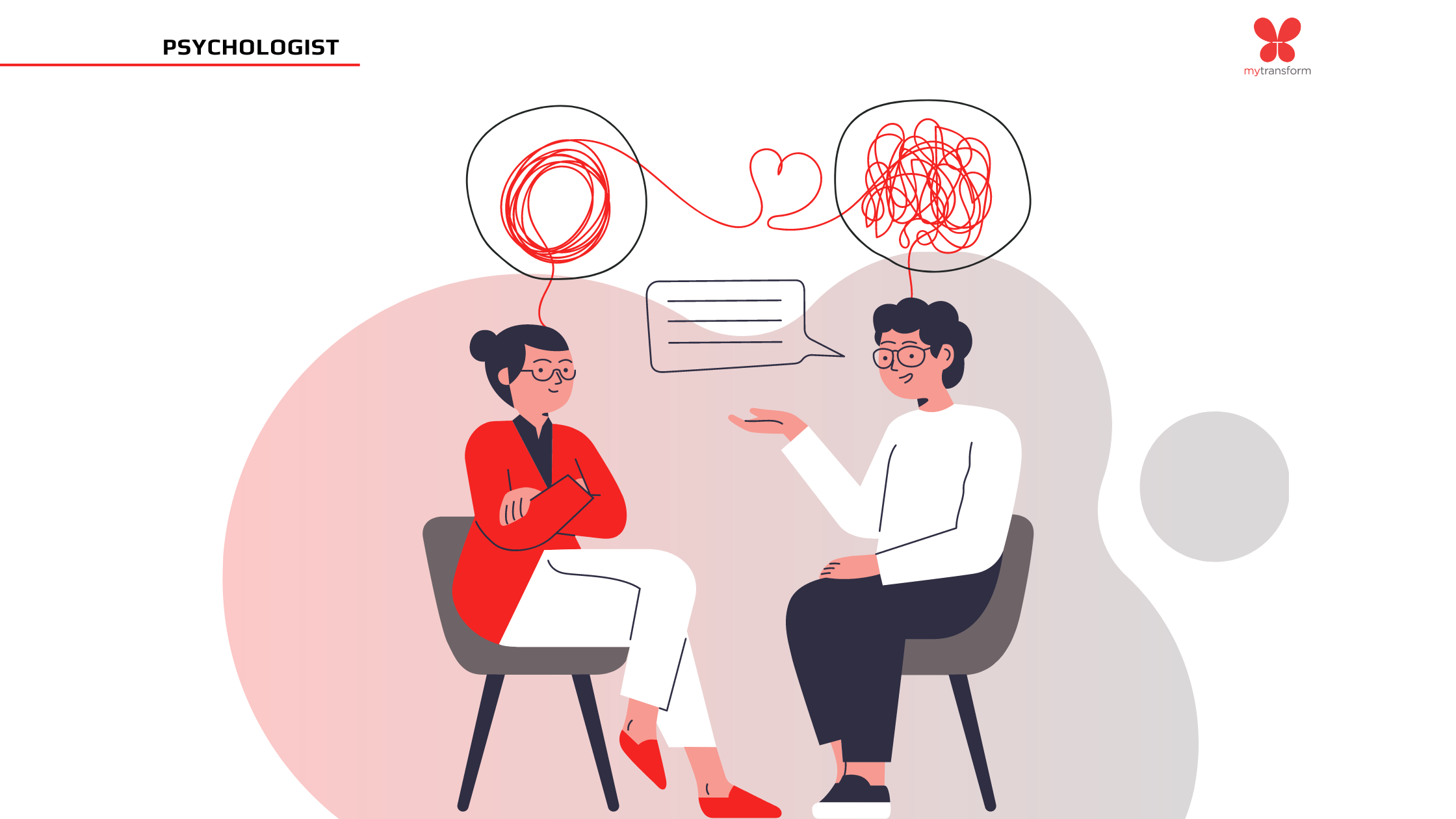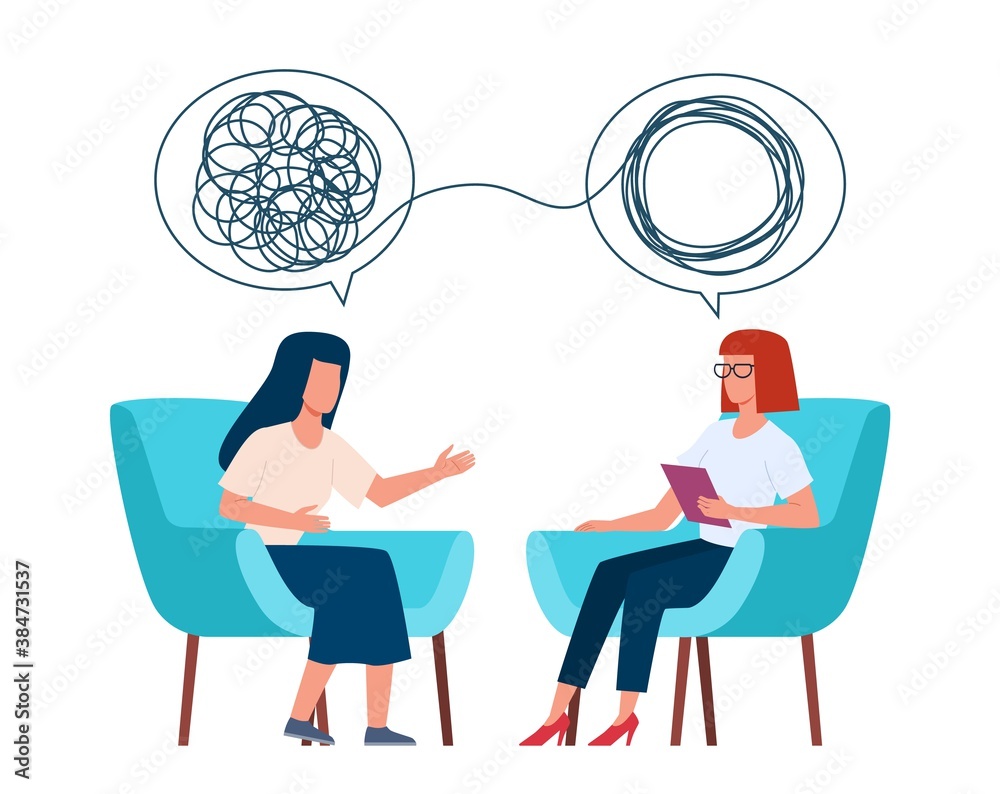Why the Best Psychologist in Delhi Can Transform Your Mental Well-Being
Why the Best Psychologist in Delhi Can Transform Your Mental Well-Being
Blog Article
Psych Therapy: A Comprehensive Overview to Outcomes and techniques

Cognitive-Behavioral Therapy
Cognitive-Behavioral Treatment (CBT) is an extensively utilized psychotherapeutic strategy that focuses on determining and changing dysfunctional thinking and habits patterns. Created in the 1960s by Aaron T. Beck, CBT combines behavior and cognitive concepts to deal with numerous mental health and wellness concerns, consisting of depression, anxiety, and stress-related conditions.
Strategies such as cognitive restructuring, direct exposure therapy, and skill-building exercises are generally used. Cognitive restructuring includes challenging and modifying unfavorable thought patterns, while direct exposure treatment aims to lower concern and stress and anxiety through steady exposure to feared scenarios or items.
Evidence-based research study supports the effectiveness of CBT for a wide variety of emotional disorders - Best Psychologist in Delhi. Its focus on ability procurement and self-help methods empowers customers to continue progression separately after treatment wraps up. The adaptability and efficiency of CBT have made it a foundation in contemporary psychotherapeutic method
Psychodynamic Methods
Rooted in the very early theories of Sigmund Freud, psychodynamic techniques focus on checking out the subconscious mind and its impact on actions and emotions. These techniques intend to discover surprise thoughts and feelings that might be driving maladaptive behaviors and mental distress. Central to this strategy is the idea of internal problem, commonly stemming from unsettled previous experiences, particularly those from youth.
Therapists making use of psychodynamic techniques utilize numerous key techniques, consisting of cost-free association, where people are encouraged to speak easily to disclose subconscious material, and dream analysis, which translates the latent material of dreams. Furthermore, the expedition of transfer and countertransference characteristics within the therapeutic relationship is important. These interactions can give understandings into the patient's internal world and relational patterns.
Psychodynamic therapy is commonly longer-term compared to various other modalities, offering a detailed and deep understanding of the person's subconscious. Research study indicates that it can be particularly efficient for complicated psychological health and wellness concerns, such as individuality problems and persistent clinical depression. By promoting self-awareness and psychological insight, psychodynamic therapy seeks to bring unconscious material to awareness, making it possible for people to attain purposeful and long-term adjustment in their lives.
Humanistic Methods
Building on the foundations laid by psychodynamic approaches, humanistic strategies supply a distinctive point of view focused on individual potential and self-actualization. Coming from the mid-20th century, these strategies prioritize the fundamental goodness and development capacity of individuals, stressing an alternative view of human experience. Key numbers such as Carl Rogers and Abraham Maslow have significantly influenced this therapeutic approach, which incorporates techniques like client-centered therapy and Gestalt treatment.
Client-centered therapy, established by Rogers, plays a pivotal duty in humanistic techniques. The specialist's role is even more of a facilitator than an authority, encouraging customers to harness their internal resources for recovery.
Gestalt treatment, one more essential humanistic technique, stresses present moment recognition and the integration of body and mind. By focusing on the "present moment," customers acquire better insight into their existing feelings and behaviors. Strategies such as role-playing and guided visualization are commonly employed to help clients obtain a deeper understanding of themselves, eventually bring about enhanced self-awareness and fulfillment.
Integrative Therapies
Integrative treatments stand for a synthesis of various therapeutic methods customized to meet the distinct requirements of each client. This technique recognizes the intricacy of human psychology and the complex nature of mental health problems. By integrating components from various colleges of psychiatric therapy-- such as cognitive-behavioral treatment (CBT), psychodynamic therapy, and humanistic methods-- integrative therapies provide a more versatile and alternative therapy standard.
Experts of integrative treatment analyze each customer's details demands, signs and symptoms, and individual background to design a tailored therapy plan. This personalized method enhances the potential for therapeutic success by addressing the origin of psychological distress and advertising total wellness. Methods could consist of mindfulness workouts, cognitive restructuring, and psychological processing, each selected to target various facets of the customer's problems.
Additionally, integrative therapies emphasize the healing connection, seeing the client-therapist bond as an important element of effective therapy. This relationship cultivates a helpful atmosphere where customers really feel safe to discover and address their concerns. The flexibility of integrative therapies makes them ideal for a broad array of conditions, consisting of stress and anxiety, depression, injury, and social troubles, thus raising their applicability and efficiency in diverse scientific settings.

Gauging Therapy End Results
Examining the effectiveness of psychiatric therapy is important for both customers and clinicians to make certain that the treatment is generating the preferred end useful site results. To accomplish this, numerous methods and devices are employed to determine treatment outcomes methodically. Standardized analysis instruments, such as the Beck Clinical Depression Supply (BDI) and the Generalized Anxiety Condition 7 (GAD-7), provide quantitative data on sign severity and modifications with time.
Along with standard devices, qualitative methods like client self-reports and medical meetings offer important understandings right into the personal experiences and perceived development of customers. Routinely arranged analyses, typically at the beginning, navel, and end of treatment, help in tracking the see this here trajectory of improvement or determining areas requiring change.
End result dimension is not restricted to symptom reduction; it also encompasses practical enhancements in day-to-day live, such as far better social partnerships, raised job performance, and boosted total health. Modern developments in digital health and wellness have introduced he said mobile apps and online platforms that facilitate real-time monitoring and feedback, better improving the analysis process.
Ultimately, a detailed strategy to measuring treatment outcomes makes certain that healing interventions are efficient, effective, and tailored to satisfy the individual needs of clients, thus maximizing the overall restorative experience.
Verdict
Humanistic methods focus on individual growth and self-actualization, while integrative therapies integrate multiple approaches for tailored therapy strategies. Reviewing therapy outcomes with qualitative techniques and standard analyses makes certain a thorough understanding of effectiveness, eventually leading clients toward withstanding psychological wellness improvements.
From the structured technique of Cognitive-Behavioral Treatment (CBT) to the deep expedition of the unconscious in psychodynamic treatment, each method brings distinct advantages. Its focus on ability procurement and self-help techniques empowers clients to proceed development individually after treatment ends (Best Psychologist in Delhi). Key figures such as Carl Rogers and Abraham Maslow have substantially affected this healing strategy, which incorporates methods like client-centered treatment and Gestalt therapy

Report this page